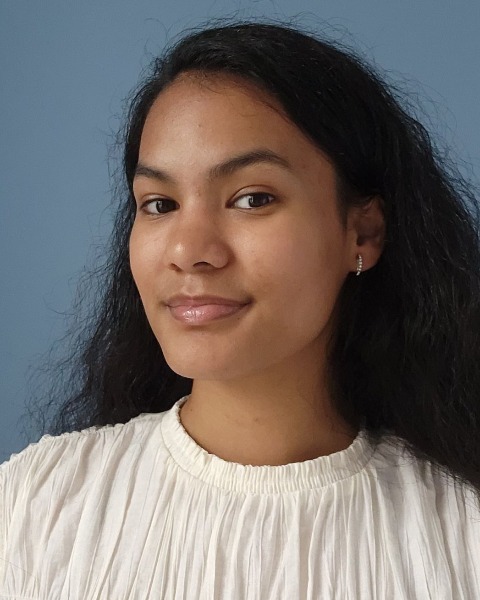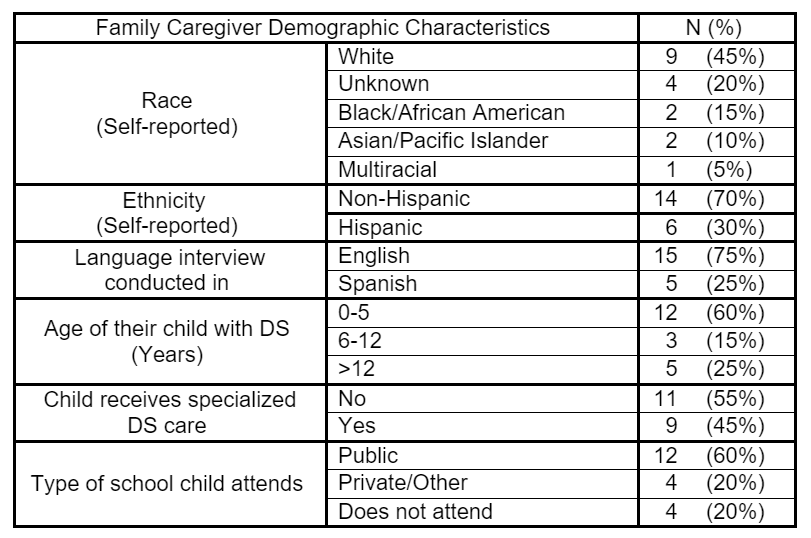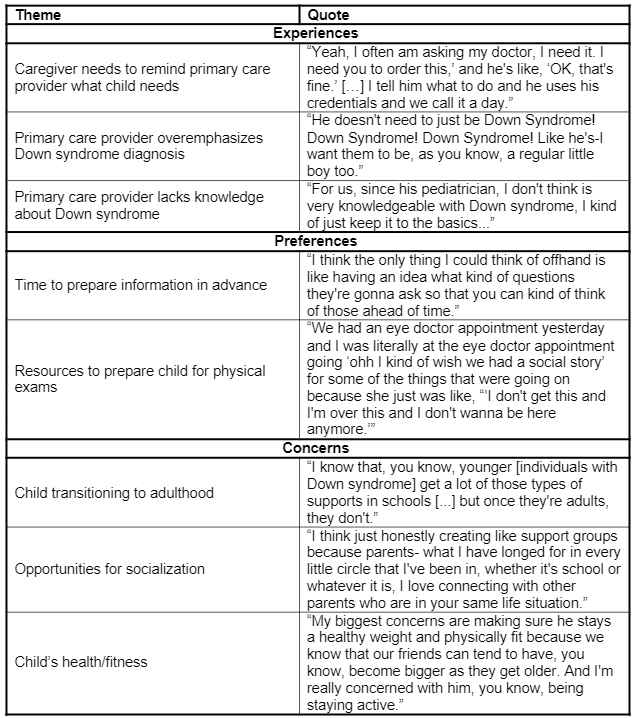Children with Chronic Conditions 1
Session: Children with Chronic Conditions 1
495 - Experiences and Preferences with Routine Health Care Among Families of Individuals with Down Syndrome
Sunday, April 27, 2025
8:30am - 10:45am HST
Publication Number: 495.4653
Aria C. Mallare, Ann & Robert H. Lurie Children's Hospital of Chicago, Chicago, IL, United States; Cameron A. Cooper, Ann & Robert H. Lurie Children's Hospital of Chicago, Chicago, IL, United States; Leopoldo Castillo, Ann & Robert H. Lurie Children's Hospital of Chicago, Blue Island, IL, United States; Carolyn C.. Foster, Ann & Robert H. Lurie Children's Hospital of Chicago, Chicago, IL, United States; Ashley Murphy, Northwestern University The Feinberg School of Medicine, Chicago, IL, United States; Heather J. Risser, Northwestern University The Feinberg School of Medicine, Oak Park, IL, United States

Aria C. Mallare
Research Student Assistant
Ann & Robert H. Lurie Children's Hospital of Chicago
Chicago, Illinois, United States
Presenting Author(s)
Background: Down syndrome (DS) is the most common chromosomal disorder in humans and causes intellectual and developmental disabilities (IDD) of varying severity. Individuals with DS are more likely to have medical comorbidities like congenital heart disease and thyroid disease. Because individuals with DS need more complex care, the American Academy of Pediatrics (AAP) has published evidence-based guidelines to assist primary care providers (PCPs) with additional health supervisory care. While these DS guidelines have been in place for decades, prior work has shown that PCP adherence to them remains low and information on how family caregivers of individuals with DS experience implementation of this care guidance is lacking.
Objective: To understand the experiences of family caregivers of individuals with DS with health supervision care, to inform future interventions to improve guideline implementation and patient-family experience.
Design/Methods: Semi-structured interviews and focus groups were conducted with self-identified primary family caregivers of individuals with DS (4/25/2024 - 8/22/2024) who regularly attend the individual’s routine health appointments and speak either English or Spanish. Questions explored caregivers’ experience with their child’s health supervisory care and DS specialty care (if received) using the Chronic Care Model framework, tailored by age-group AAP guideline probes. Applied thematic content analysis was performed by two coders using Dedoose qualitative software.
Results: Twenty caregivers participated; Over half identified as non-white and a quarter interviewed in Spanish (Table 1). Most caregivers reported the value of primary care as an opportunity to “catch red flags” in their child’s health and ensure their child’s developmental progress (see Table 2 for exemplary quotes). While caregivers felt their child’s healthcare needs were being met, they expressed frustration due to their child’s PCP’s lack of knowledge on the current DS guidelines, ability to make referrals, or ability to provide relevant resources. Most highlighted the importance of PCPs not overemphasizing their child’s DS diagnosis and treating their child like any other, while being aware of specific needs. Some also expressed concerns about transitioning their child out of pediatrics.
Conclusion(s): Caregivers see their PCP as the center of their child’s care and desire a partnership to address their child's DS medical needs while recognizing them beyond their diagnosis. However, participating caregivers typically did not feel their PCPs were fulfilling this role due to a lack of DS knowledge and practice.
Table 1. Participant Demographics

Table 2. Exemplary Quotes

Table 1. Participant Demographics

Table 2. Exemplary Quotes


